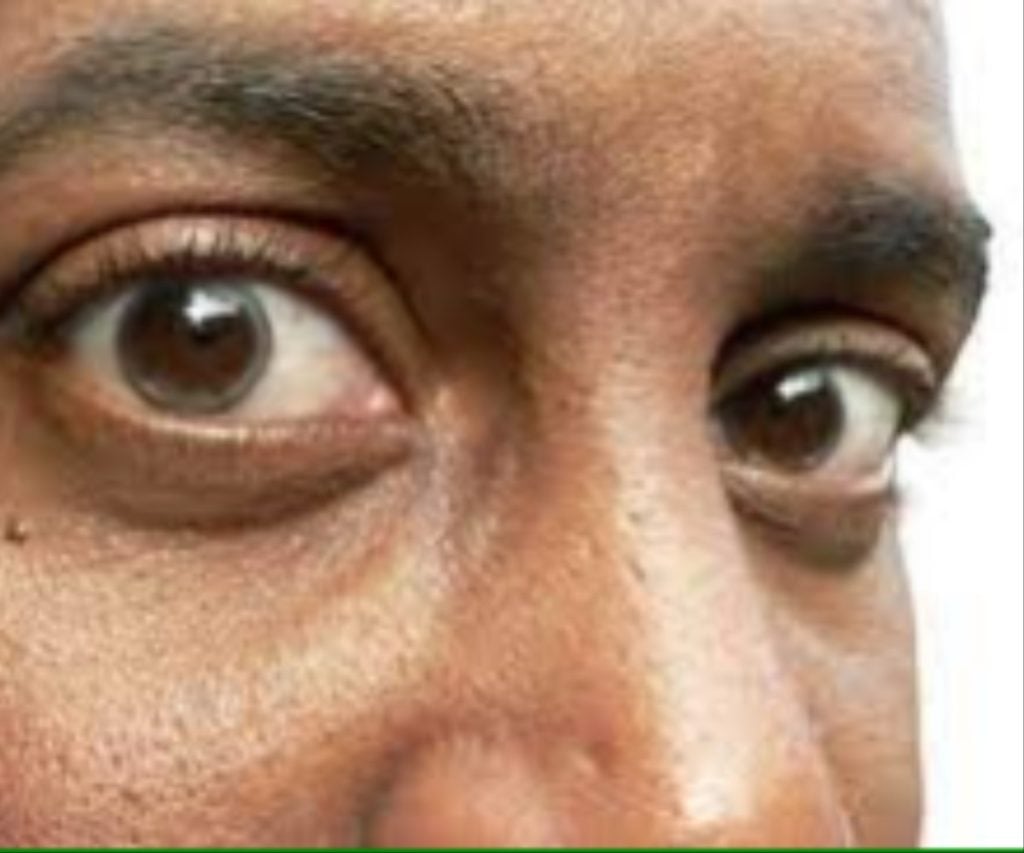A Professor of Ophthalmology, Adeola Onakoya, says illiteracy and poverty can increase the chances of going blind from glaucoma.
Onakoya also said that lgbo or Yoruba elderly men have higher risk of glaucoma blindness.
She said this during the Faculty of Ophthalmology, National Postgraduate Medical College of Nigeria 24th Annual Faculty Lecture on Friday in Lagos.
The theme of the lecture was: “Glaucoma Care in Nigeria: The Journey So Far.”
Glaucoma is a disease that damages the eye’s optic nerve. It usually happens when fluid builds up in the front part of the eye, and that extra fluid increases the pressure in the eye, damaging the optic nerve.
Onakoya advised that all elderly lgbo and Yoruba men should get screened for glaucoma.
She noted that a healthy optic nerve was necessary for good vision.
“Igbo ethnic groups have larger Optic nerve hypoplasia ONH> 0.7, and lack of response to treatment. Evidence indicates inherent disease risk in black race irrespective of environment, education, and medical systems,” she said.
The glaucoma specialist noted that advancing age, low ocular perfusion pressure, male gender, high intraocular pressure (IOP), hypertension, and use of corticosteroids were also risk factors for glaucoma.
She said that Africans have high risk for the disease, noting that its aggressive nature increases the risk of blindness 10-fold and early in onset, NAN reports.
According to her, 2.1 million people are living with glaucoma in Nigeria, one in five of glaucoma patients are blind; approximately 420,000 above the age of 40 are already blind.
According to her, glaucoma is responsible for 16.7 per cent of blindness in Nigeria after cataract, with highest prevalence in the South-East geopolitical zone.
Onakoya said that the burden was huge due to low awareness of the disease, poor knowledge and understanding contribute to 85 to 90 per cent with advanced glaucoma and 50 per cent blind at presentation.
She added that poor access to treatment, lack of response to treatment, poor compliance with treatment, prohibitive cost of drugs, counterfeit drugs and poor adherence to treatment and poor surgical uptake were other reasons.
Onakoya called for the integration of glaucoma care at all levels of care, noting that it would increase screening and assist in early detection of glaucoma disease.
She also called for a multi-faceted approach to reduce glaucoma burden including increasing public awareness, improving access to healthcare, and increasing the number of trained healthcare personnel in Nigeria.
Onakoya appealed to the government and Non-Governmental Organisations to increase their investments in the healthcare sector to improve accessibility of quality healthcare services to the public.
She said that glaucoma was a lifelong disease that may result in significant visual impairment and a cascade of functional health status, quality of life and economic consequence to patients








